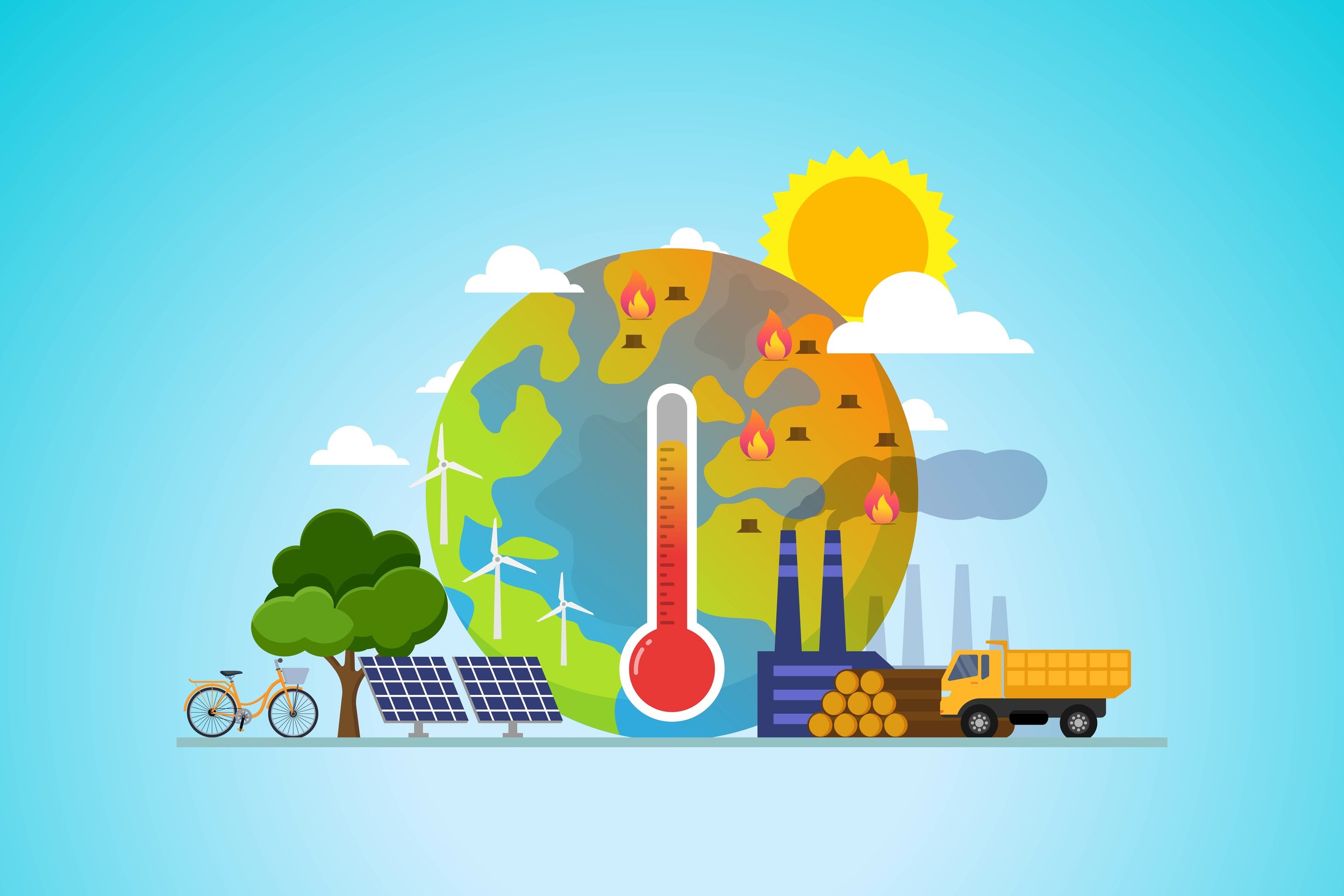Introduction
In a significant effort to combat climate change, the federal government has announced the allocation of millions of dollars to various climate-related projects across South Carolina. This funding, part of a broader national initiative, aims to reduce greenhouse gas emissions and promote sustainable practices. Here’s a closer look at how these grants will be used and their anticipated impact on the state.
Details of the Federal Grants
Scope and Objectives
Climate Resilience Projects
The grants will fund projects designed to increase South Carolina's resilience to climate change. These initiatives target sectors like transportation, electric power, commercial and residential buildings, agriculture, and waste management.
Sustainable Infrastructure
Investments will be made in sustainable infrastructure to reduce greenhouse gas emissions and promote energy efficiency.
Key Projects Funded
Municipal Solar and Smart Surfaces Fund (S3 Fund)
Funding Amount: $8,739,181
Objective: This fund will incentivize local governments in the Midlands to undertake solar and smart surface projects, including green infrastructure, cool roofs, and cool pavements.
Atlantic Conservation Coalition (ACC)
Funding Amount: $421,238,074
Objective: This multi-state initiative, involving North Carolina, South Carolina, Maryland, and Virginia, will focus on protecting and restoring high-carbon polluted coastal habitats and peatlands through reforestation, land revitalization, and the planting of native species.
Impact on South Carolina
Environmental Benefits
Reduction in Carbon Emissions
These projects are expected to reduce greenhouse gas pollution significantly, potentially cutting emissions by up to 971 million metric tons of carbon dioxide by 2050.
Improved Ecosystem Health
The funded initiatives will protect natural habitats and biodiversity, ensuring healthier ecosystems.
Economic Benefits
Job Creation
The projects will create numerous jobs in renewable energy and sustainable infrastructure sectors, boosting the local economy.
Long-Term Savings
Investments in sustainable practices can lead to long-term cost savings for both the government and residents through improved energy efficiency and reduced reliance on fossil fuels.
Community Impact
Enhanced Safety
Improved infrastructure and climate resilience projects will enhance the safety and well-being of South Carolina’s residents.
Community Engagement
These projects will involve local communities in their planning and implementation, ensuring that solutions are tailored to meet specific needs.
Conclusion
The federal government’s substantial investment in climate-related projects in South Carolina represents a pivotal step towards a more resilient and sustainable future. By focusing on flood mitigation, renewable energy, and sustainable infrastructure, these grants will provide significant environmental, economic, and community benefits. For more details, visit the WIS News article.



